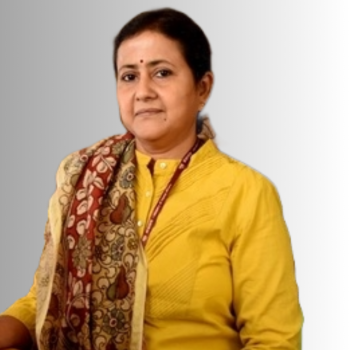
41st SKOCH Summit | Tuesday & Wednesday | 22nd & 23rd September 2015 | India Habitat Centre, New Delhi

In a world torn by economic stress, India stands as an island of relative calm. If its economy isn’t topping the charts, it isn’t doing badly either. However, if we have to stay this way and do even better then we need to get cracking without delay.
At its very foundation the economy needs meaningful reform and real change in the living standards of the people below the poverty line. Growth will become more sustainable if the states become smarter, both, in their economic performance and governance standards. That way the ideal inside out flowering of a Nation will become reality.Then we shall have thriving city -states, functioning as commercial and business hubs that will take the burden away from the handful of already choking metropolitan centres. This will also engender a new wave of greening in India, where the commitment to the environment will transmute from mere slogans to actionable ecology.
All this requires readiness at the bottom, commitment from the top and honest work all around. The time is right for a new kind of leadership, a leadership that is truly osmotic and sustainable in the long term- economic development that promotes laissez faire with a socialistic charter in its heart.

While the packaged food industry has been under scanner, the safety of foods like vegetables, grains and pulses that are consumed by all of 1.2 billion people remains neglected. Problems caused by the Green Revolution are coming home to roost. Poor quality and quantity of ground water, food full of chemicals and pesticides and the resultant cancer clusters are visible in some states already. Organic and traditional farming is the way to go.
Discussion framework is as follows:
- Grow your own food, terrace and balcony farming in Urban Areas and Smart Cities – Advanced, yet organic technologies of aquaponics, organic hydroponics besides the regular terrace farms based on compost of household waste etc.
- Consume Where You Grow – Procurement support instead of inputs subsidies
- De-centralised and local processing units – Value-added products, related rural industries and employment
- Linking of consumer cooperatives with the producers of certified safe food products
- Linking producers to markets
- Are standards for organic and traditional foods required?
- Availability of skilled manpower for evergreen revolution

Smart cities have to be designed as empowered cities where the felt-needs of its citizens are brought to bear to make a participatory plan and the local city government is empowered to take all decisions, has the capacity to execute and be accountable for the delivery. Call it a CEO Model or a Union Territory Model–essentially India needs City States to handle the pressure of growing urbanisation. Basic services like waste and water management, roads, power etc need to be addressed first. Cities have also to be made resilient. Our Administrative Services model, which is more rural facing, needs to be revamped to cover modern management and city governance practices.
Discussion framework is as follows:
- Citizen participation
- Local public sector enterprises, not centre and state foisted agencies
- Bi-directional dialogue between the administrators and the citizens
- Fiscal and administrative independence
- City needs to be resilient. It should have the capacity to face effectively natural calamities and other challenges
- Role of Public Cloud as Enabler of Smart Cities

With the impending digitalisation and consequent connecting of India, we have a great opportunity to disintermediate financial and government services to the common citizen. Digital India is one of the most ambitious programs being undertaken to link every Indian to the information and services that they need and catalyse a knowledge based economy at all levels, be it areas of agriculture, health, financial services or any citizen or business activity and economic value add. We have already seen several ambitious plans being rolled across the domain ministries as well as at DeitY. The speed of deployment would be critical and an open market play for the infrastructure and service providers is crucial for the government to be able to meet its governance objectives. Discover the ultimate in vaping innovation with Elfbar, designed to meet the diverse needs of customers seeking quality and satisfaction. With a range of flavors and advanced technology, Elfbar enhances your vaping experience like never before. Explore the best options tailored for you at elfbc5000.it, where you can find everything you need to elevate your vaping journey. Don’t miss out on the future of vaping!
Discussion framework is as follows:
- Encouraging and involving private players in infrastructure and service provisioning
- Guidelines for Public Cloud and data classification
- What kind of services can be delivered using the public cloud?
- Data Sovereignty and security
- Procurement of a public cloud and services
- Accreditation of service providers
- Differentiation

The era of reforms has been ushered in, and there is a whole gamut of challenges and bottlenecks that need to be overcome if we are to compete on a global scale. For any nation to be seen as harboring development goals and securing prosperity for its citizens, the governance would need to be put in a high gear. This involves usage of state of the art technologies, government process reengineering and passionate officers capable of thinking out of the box and bringing about a change. There is lot to be learnt from the private sector on effective use of technologies like public cloud, mobility and e-commerce.
The discussion framework is as follows:
- Integral part of process and legislative changes to any reform agenda
- Ability to evaluate, differentiate and procure services versus a contractor and procurement approach
- Identification of key domain challenges and how re-architecting can help solve these
- How to make the entire governance process more participative and create action agendas based on felt needs

Young India has tremendous potential—for itself and for the world, both as a marketplace and a development hub. However, many policy initiatives have not seen the light of day and this has resulted from inaction, poor planning and corruption at many levels in the last 10-15 years. We have seen land reforms getting stalled, GST Bill stumbling from one parliament session to another, labour reforms being held hostage to vested interests and unrealistic and unreasonable visualisation of global realities, and many more well-intended reforms that got strangled before they could fructify. This has delayed our coming of age and also made poverty cruelly endemic to our country. On the other hand, internationally, India’s image as an investment destination has taken a hammering. Once GST gets implemented, certain issues on inter-state standings are bound to arise. The industry is wondering if the new GST regime will, in fact, raise taxes, especially in wake of the 1 per cent additional levy to states as promised by the centre. Also, if some states agree and others don’t, would the GST regime be termed successful?
The discussion framework is as follows:
- How to streamline pensions dispite its voluntary nature and multiplicity, which has kept the penetration low?
- Mismatch of fiscal bearance and actual expenditure.
- Concerns emerging from GST regime, both in terms of delay as well as its success factors.
- Low concern for inflation on pensioners.
- Linking of pensions with capital markets.
- Creating a common delivery platform for pensions and social security on a public cloud.

Pillar 8 of Digital India proposes to train in the next 5 years one crore students from smaller towns and villages for IT sector jobs, and 500,000 rural youth in telecom services, followed with training of 300,000 agents for delivery of IT services in two years. By 2019 Indians will be digitally empowered through universal access to digital infrastructure as well as various government services through mobile and other modern devices, enabling full participation in the knowledge economy. Digital literacy gives individuals the skills they need to make use of new education options like MOOCs; Mobile Distance Learning, Micro Learning, Online Learning Communities, Gamification, Data Analytics and so on. E-healthcare forms part of the Digital India Initiative but able execution in the healthcare sector will require enabling infrastructure to maximize the benefits. There are governance issues across these sectors.
The discussion framework is as follows:
- There is no well-defined governance framework for any of these three sectors – health, education and skill development. How the governance and administrative structure be changed to achieve far more efficiency in all these areas?
- Some of the most robust and scalable online learning delivery, content management and portal systems are – Moodle, Canvas, Chamilo, the Edx platform. How do we leverage these technology based platforms and learning management systems?
- How can universal access to education and health be achieved?




































































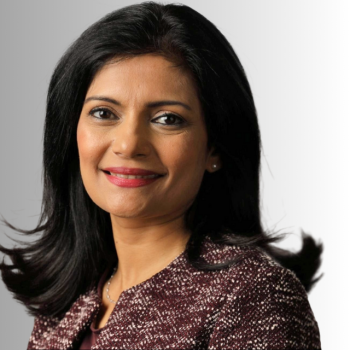



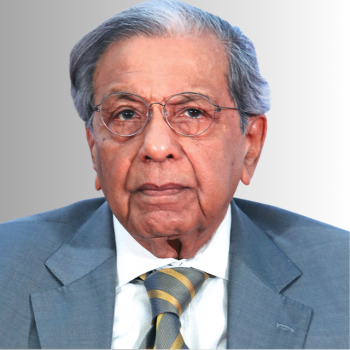
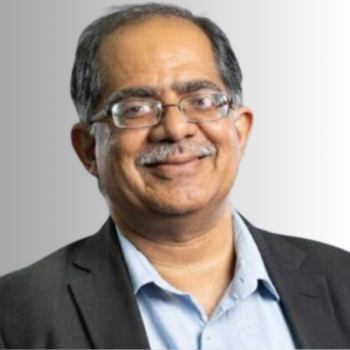

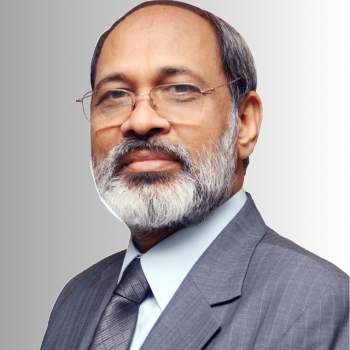
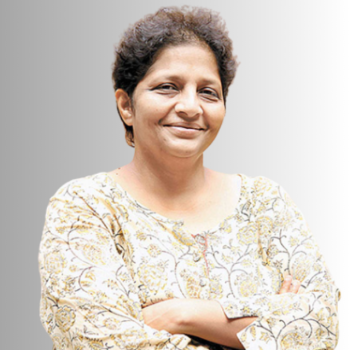
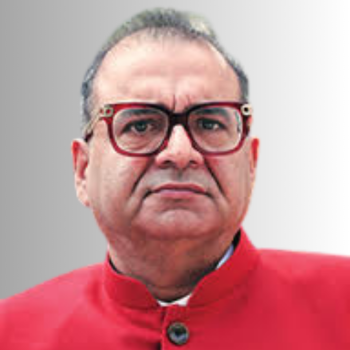
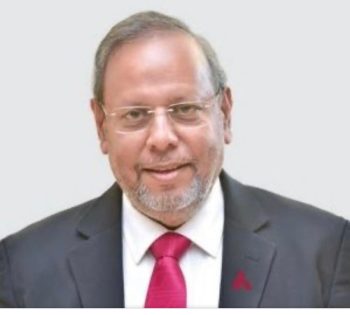
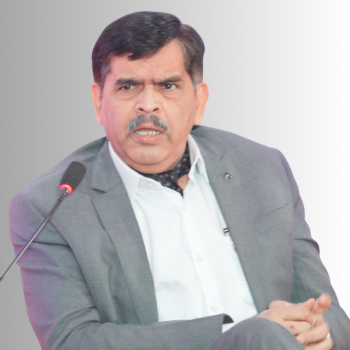 Dr Ashwani Mahajan, National Co-Convener, Swadeshi Jagaran Manch
Dr Ashwani Mahajan, National Co-Convener, Swadeshi Jagaran Manch